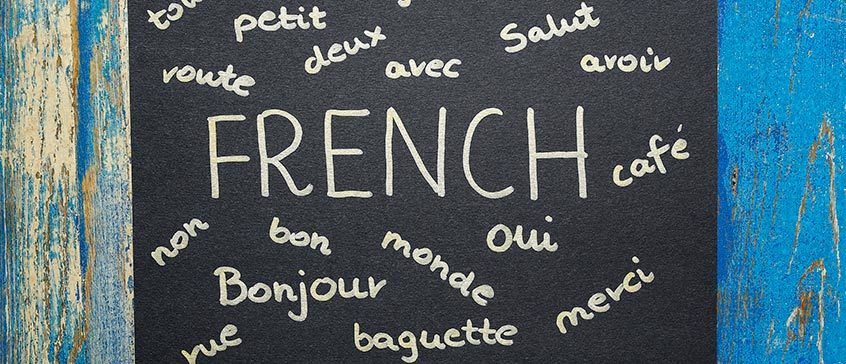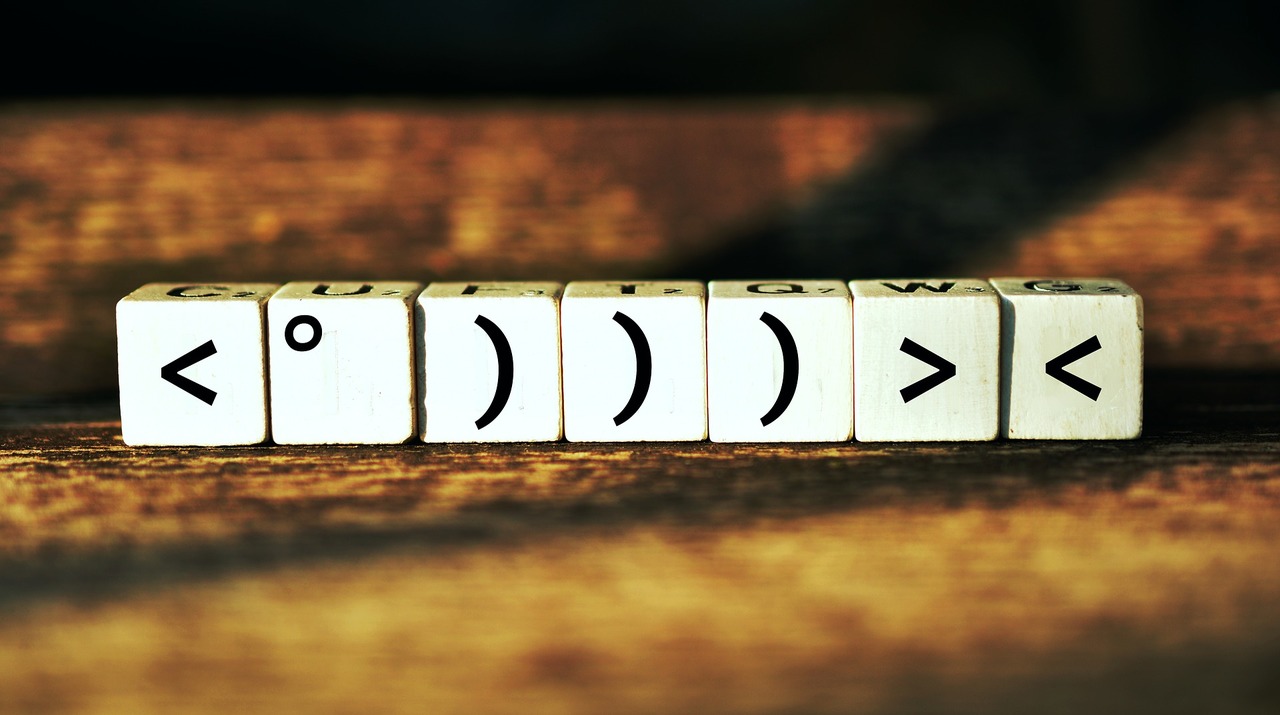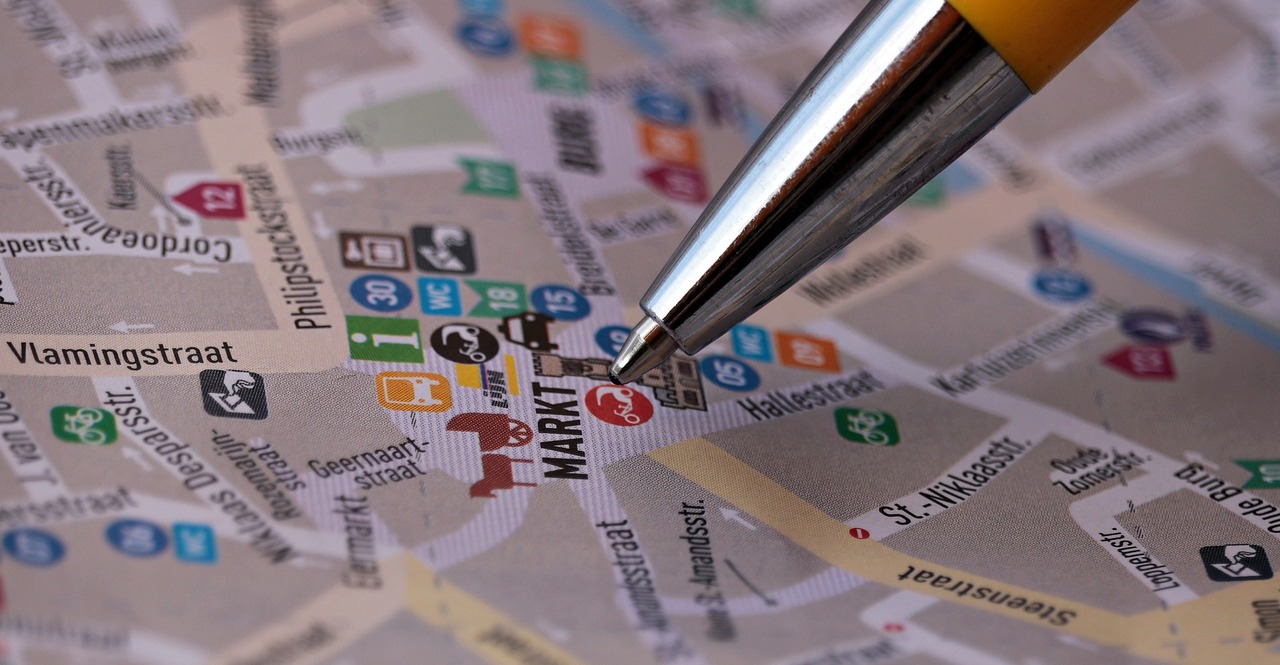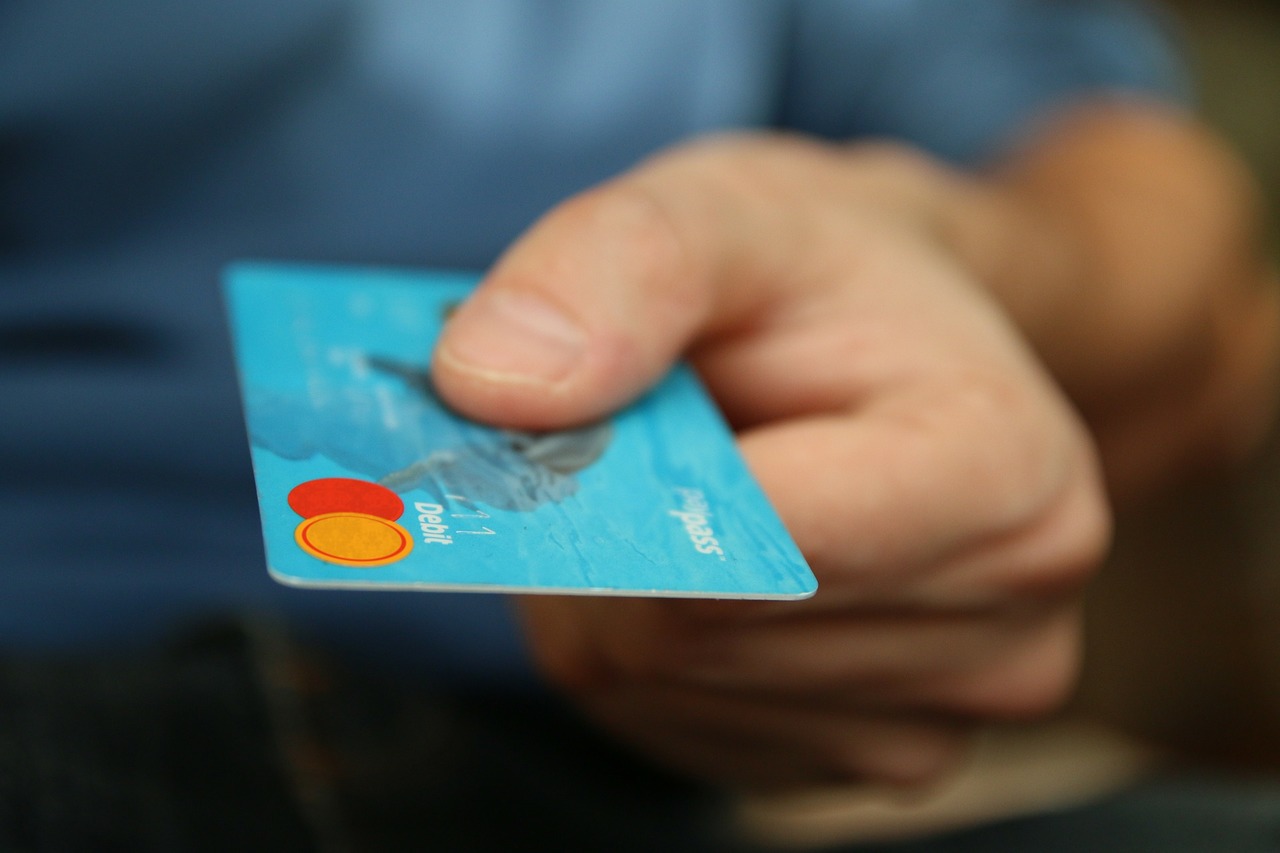12 Useful Phrases for French-Speaking Countries

Good news if you are learning French, France is not the only country where you will be able to practice your French!
French is indeed not only spoken in France but also in Switzerland (well the west half of the country), Monaco, Belgium, Canada, in some Caribbean Islands like Martinique, Guadeloupe, Haiti and in African countries like Algeria, Tunisia, Madagascar and Senegal. You can find a complete list by continent here.
In this article I explain some of the more useful sentences to know when traveling to one of these countries. With some good to know variations, particular to each country!

Phrase #1: Je m'appelle ____. Enchanté!
_Translation: My name is ___. Nice to meet you.
Certainly one of the first things you are going to do when meeting someone new; is introduce yourself! In French we don’t really say “Mon nom est” which is the exact translation of the “My name is”, instead we would use “Je m’appelle…” or simply, just our name: “Ludwine. Enchantée”. Please note that because I am a woman, there is an additional “e” at the end. All the rules about adjectives are well explained in the article Changing Masculine to Singular Feminine.
Phrase #2: J’ai besoin de m’entraîner d’avantage
Translation: I need to practice more.
One awesome thing you can do when abroad, you can finally practice your French with a native speaker! Many of my students have told me a similar story: they are in France, trying to practice their French at a café or restaurant, they start to speak in French but the waiter responds in English! How frustrating is that? I don’t know why some French people will do that, maybe because they see an occasion to practice their English or maybe they think that they are helping you by speaking in English, but you can definitely tell them that you would like to practice your French and ask them to respond in French.
An alternative to this sentence is “J’ai besoin de pratiquer plus”.
Phrase #3: Pouvez-vous parler plus lentement s’il vous plaît ? (polite form)
Translation: Please speak slower.
Maybe one of the sentences you will use the most, combined with the next sentence.
Alternatives are: Peux-tu parler plus lentement s’il te plaît ? or Pouvez-vous parler plus doucement s’il vous plaît ?
Phrase #4: Je ne comprends pas
Translation: I do not understand.
This is another sentence that you will use a lot when starting to learn French and it is perfectly normal! With the different accents, slang, tone of the voice, noise in a café, it is sometimes difficult to understand the person you are trying to converse with. There is also variations between written and spoken French. For example, a French person would probably say “Je comprends pas”, skipping the “ne” part of the negation, which is completely normal in spoken French - even though it is technically incorrect.

Phrase #5: Comment puis-je me rendre là-bas ?
Translation: How do I get there?
Asking for your direction while visiting a new country is clearly useful. You can easily find maps in big cities at each bus stop, bike and subway station, it is not necessarily the case in smaller cities. And knowing how to ask for help from a complete stranger might be rather useful.
Some useful vocabulary and expressions about directions:
left - gauche
right - droite
straight - tout droit
turn left/right - tourner or prendre à gauche/droite
keep going - continuer/aller tout droit
Phrase #5 bis: Quel est le meilleur moyen de me rendre au centre ville ?
Translation: What’s the best way to get into town / the city centre?
Phrase #6: Où sont les toilettes ?
Translation: Where is the bathroom?
While in English it is singular, in French we use the plural. So yes, it is “les toilettes”, even if you will only use one toilet/WC. If you are in Belgium, you can use either the plural or singular and say “Où est la toilette ?”. In France you can use “les WC” or “les toilettes” to name the toilet, but in Quebec, they use “les toilettes” or “les bécosses”, which comes from “backhouse”, but “les WC” is not used in Quebec.

Phrase #7: Où y a-t-il un distributeur de billets?
Translation: Where is an ATM?
In France, ATM`s can be found at each bank (LCL, Crédit Mutuel, Caisse d’épargne, Crédit Lyonnais...) or at the post office “La poste”. Some big supermarkets have ATM’s at their entrance but it is not the norm.
Phrase #8: Est-ce que vous acceptez la carte de crédit ?
Translation: Do you accept credit cards?
Most places accept credit/debit cards, sometimes with a minimum amount being required. In most cafés, bar-tabac, boulangeries and small businesses there is a minimum amount of 10€ and sometimes 5€ or 15€ to pay by card. In the supermarket you can usually use your cards from 1€.
In the UK, it is possible to go in a supermarket or a café, pay with your card and ask for the rest in change/cash. For example, if the minimum is £10, but you only spend £7, they will debit the card for £10 and give you £3 back in change. It can happen in some places in France, but it really is not common.
Phrase #9: Puis-je avoir l’addition s’il vous plaît ?
Translation: Can I have the bill, please?
Now that you have had your first French meal in a restaurant, you might want to pay before leaving, leaving without paying is frowned upon. So just call the waiter or waitress over by raising your arm and ask for the bill.
Phrase #10 : Combien ça coûte ?
Translation: How much does it cost?
Visiting a new country allows you to discover so many new things: food, art, clothes, antiques... Eventually you will have to ask for the price of whatever has caught your attention. In France, prices are fixed and there is no negotiating, except if you are in antique markets. In other areas like Tunisia, where French was an official language and is still widely spoken, bargaining is part of the culture!
Phrase #11: Quel est le mot de passe pour le Wi-Fi?
Translation: What’s the Wi-Fi password?
In a café, you might need to ask for the Wi-Fi password, as it is not always displayed.
Phrase #12: Où se trouve la pharmacie la plus proche ?
Translation: Where’s the closest pharmacy?
There is a funny video by Paul Taylor about pharmacies in France: apparently we have a lot of them! Maybe too many?! If I think about it, I had 8 pharmacies within 10 minutes walk from my Paris apartment. So I guess there maybe some truth to it… French pharmacies all have a flashing green cross outside, so they are easy to find. On Sunday`s, almost all of them will be closed, but you should be able to find one that is open on Sunday (they rotate so there is always at least one open).

Now it is time for me to wish you a good luck with practicing your French wherever you are (hopefully a French speaking country). Remember the key to success is to practice, repeat again and again until you get comfortable and feel confident with what you are doing.